Tevva and Vattenfall collaborate to develop zero-emission transport solution; electric with hydrogen range extender
Green Car Congress
APRIL 26, 2021
Electric truck company Tevva and Vattenfall signed a Memorandum of Understanding to explore the opportunity to provide a complete zero-emission transport solution for businesses looking to reduce the overall carbon impact of their operations. Tevva is an electric truck company with optional range extension technology that allows its 7.5-19t

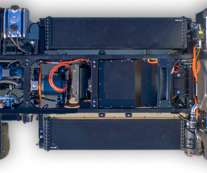

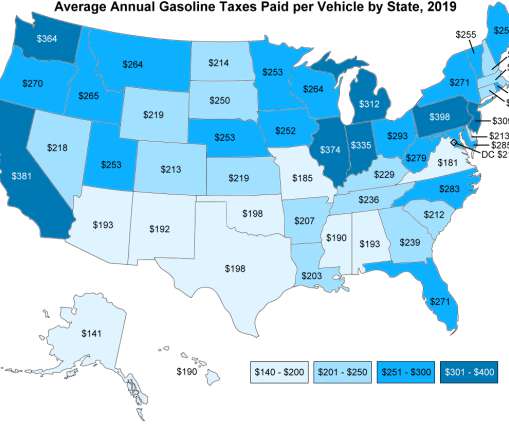
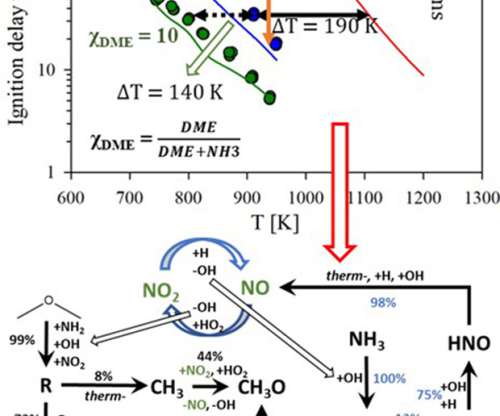


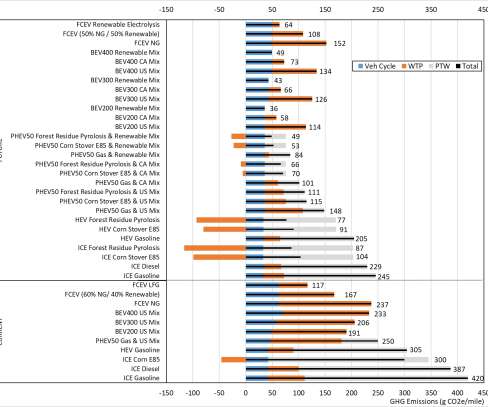



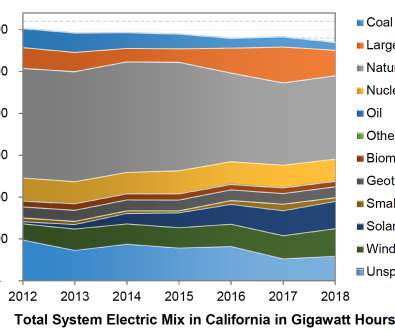














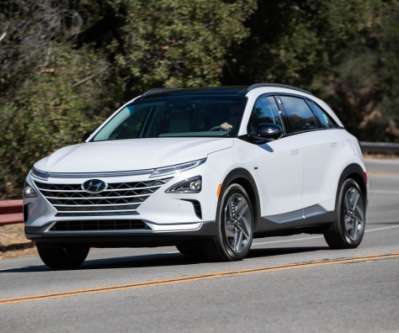




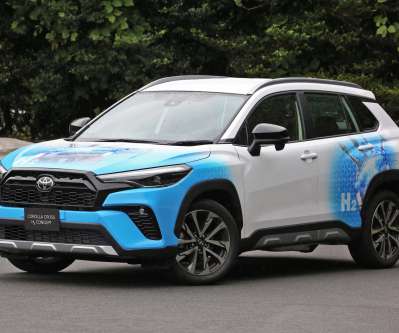


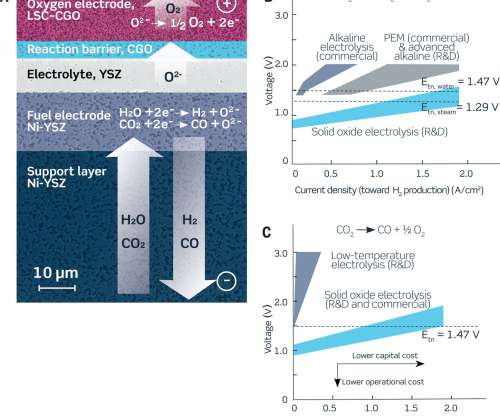
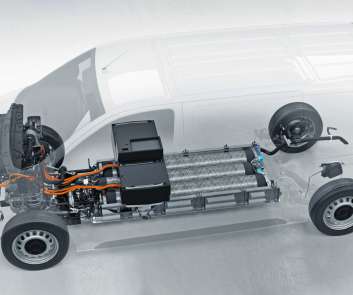








Let's personalize your content